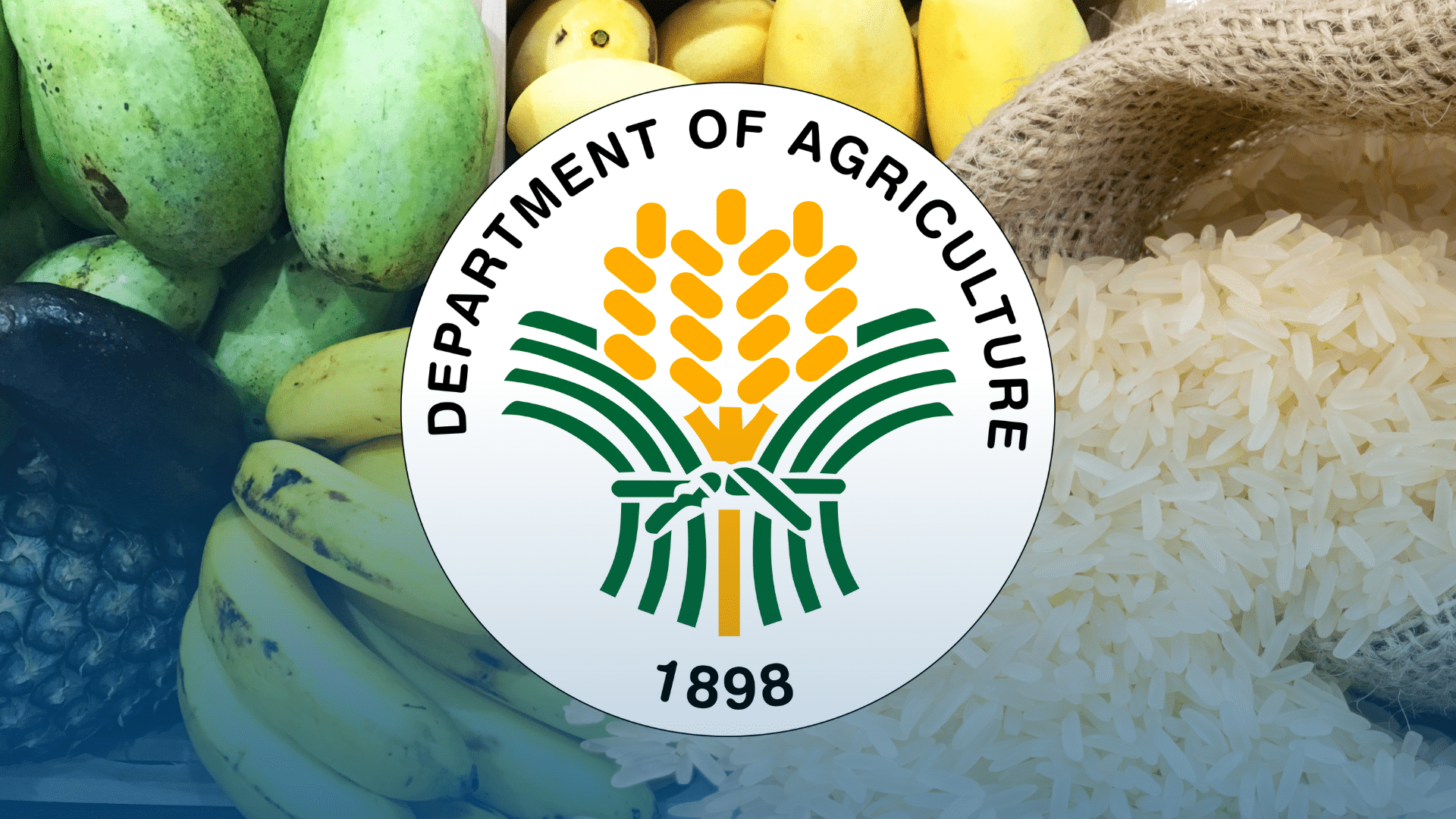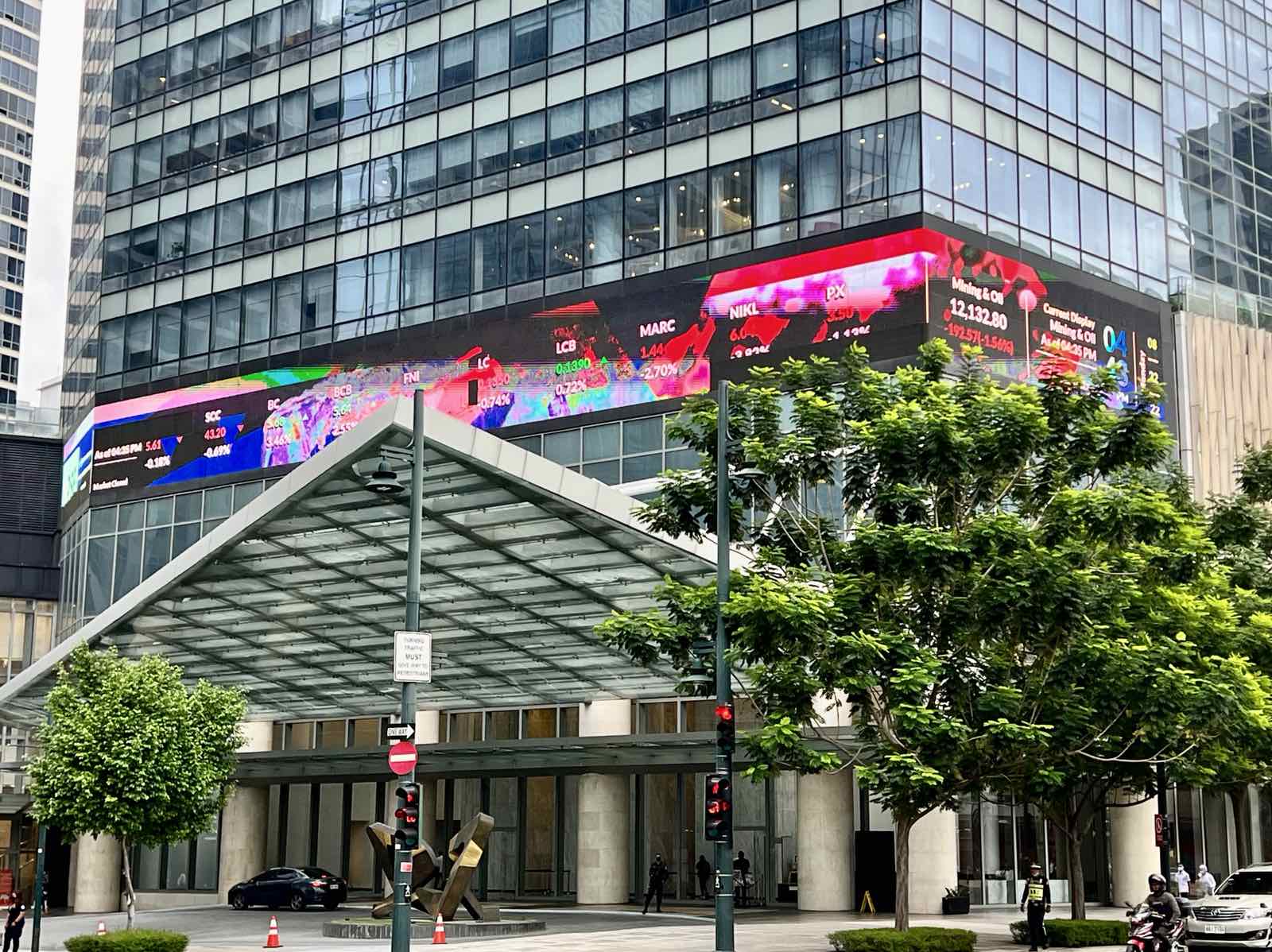
SHORT-TERM foreign investments in July resulted in a net inflow of $1.38 billion, reversing the net outflow of $27.26 million in the previous month, data from the Bangko Sentral ng Pilipinas (BSP) showed.
Foreign investments registered with the central bank through authorized agents — also known as "hot money" because these investments can be moved quickly elsewhere to maximize profits from interest rates — were about 43.5-percent higher than the net inflow of $961.58 million reported in July last year.
Overall inflows for the month ballooned to $2.43 billion, 133-percent higher than June's $1.04 billion overall inflow.
On the other hand, gross outflow declined to $1.05 billion, down 1.9 percent from the $1.07 billion outflow recorded a month earlier.
The United States remained the main destination for such outflows, accounting for 45.3 percent or $475.35 million.
The hot money inflow in July mostly went to peso government securities (71.3 percent, or $1.73 billion), while the rest were invested in Philippine Stock Exchange-listed securities (28.7 percent, or $697.67 million), mostly in holding firms, property, transportation services, and food, beverage and tobacco.
Bulk of these short-term investments, or about 93.7 percent, came from the United Kingdom, the US, Singapore, Luxembourg, and Norway.
Year-on-year, inflows were 54.3 percent higher than the $1.58 billion recorded in July last year, while outflows were also higher by 70.6 percent from last year's $614.93 million.
"The $1,383.25 million net inflows for July 2024 were larger than the $961.58 million net inflows recorded for the same period a year ago," the BSP said.
Year-to-date, hot money inflow was positive at a net $1.46 billion, markedly higher or 830.7 percent larger, than the $157.30 million net inflow recorded from January to July 2023.
Rizal Commercial Banking Corp. chief economist Michael Ricafort said that the recent improved credit ratings for the country supported the latest gains in local financing.
"Mostly better corporate sales and income reports of the largest local companies and mostly better economic data recently to support investment valuations," Ricafort noted.
The BSP tally accounts for funds received by authorized agent banks (AABs).
Registration of such investments is only required if the investor or its representative purchases foreign exchange from AABs or their subsidiaries/affiliates for the repatriation of capital and remittance of earnings from the investment.
"Without such registration, the foreign investor can still repatriate capital and remit earnings on its investment, but the FX (foreign exchange) will have to be sourced outside the banking system," the central bank said.
Read The Rest at :




